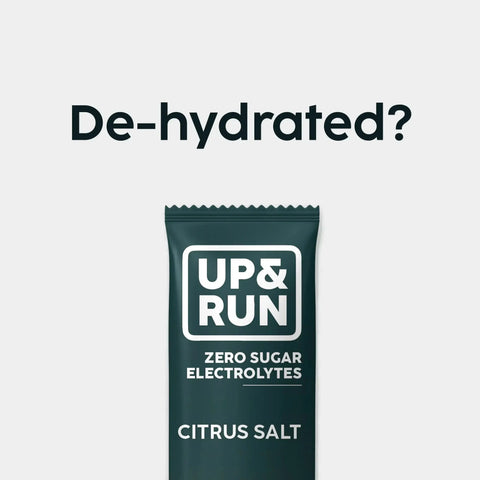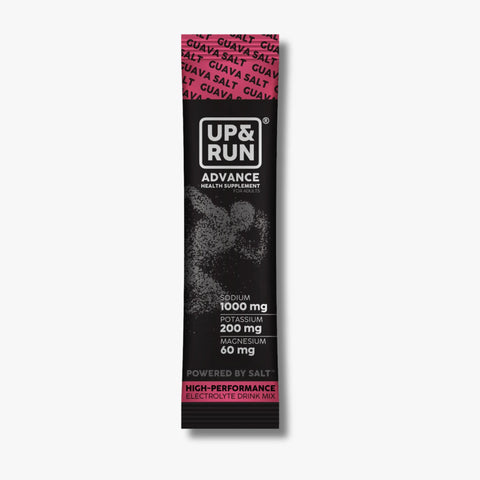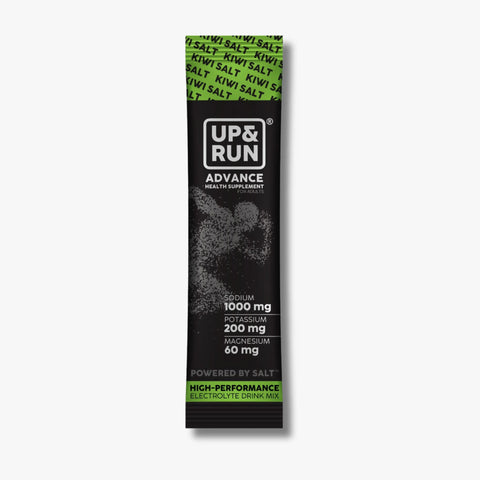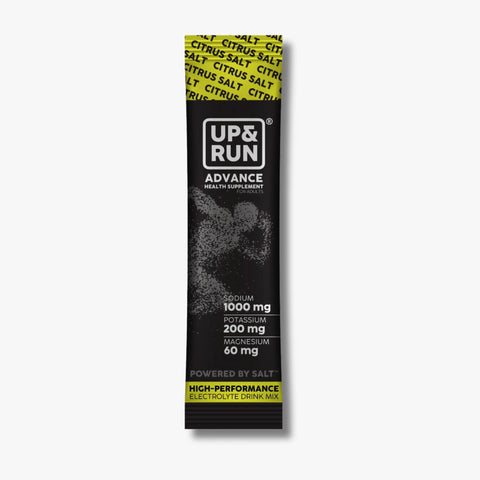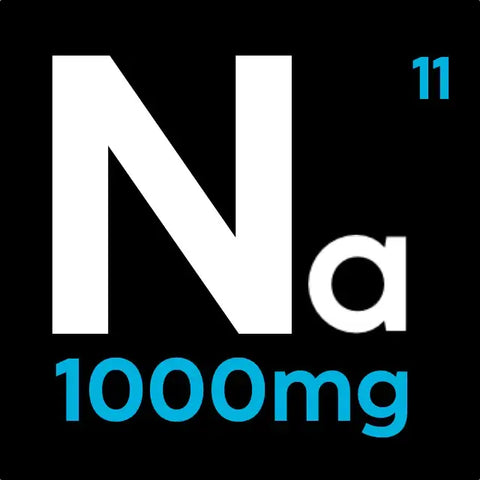
Salt, often misunderstood and unfairly villainized, is an essential nutrient that plays a vital role in our body’s overall function. While excessive salt intake has been linked to health issues like hypertension, insufficient salt can be equally detrimental. Understanding the signs of low salt intake can help you maintain the right balance and improve your overall well-being. Let's explore the seven common indicators that you might not be getting enough salt and how addressing this deficiency can make a significant difference in your health and daily life.
- Fatigue: Adding more salt to your diet or even a pinch of salt can alleviate tiredness.
- Headache: A pinch of salt or salty foods like pickle juice can relieve regular headaches.
- Muscle Issues: Salt can prevent muscle twitches, spasms, and cramps alongside potassium and magnesium.
- Irritability: A small amount of salt may improve mood and reduce irritability.
- Muscle Weakness: Salt enhances muscle strength and performance, beneficial for athletes.
- Mental Fog: Adequate salt intake supports optimal brain function and reduces forgetfulness.
- Serious Health Issues: Severe salt deficiency can cause low blood pressure and exacerbate heart failure.


